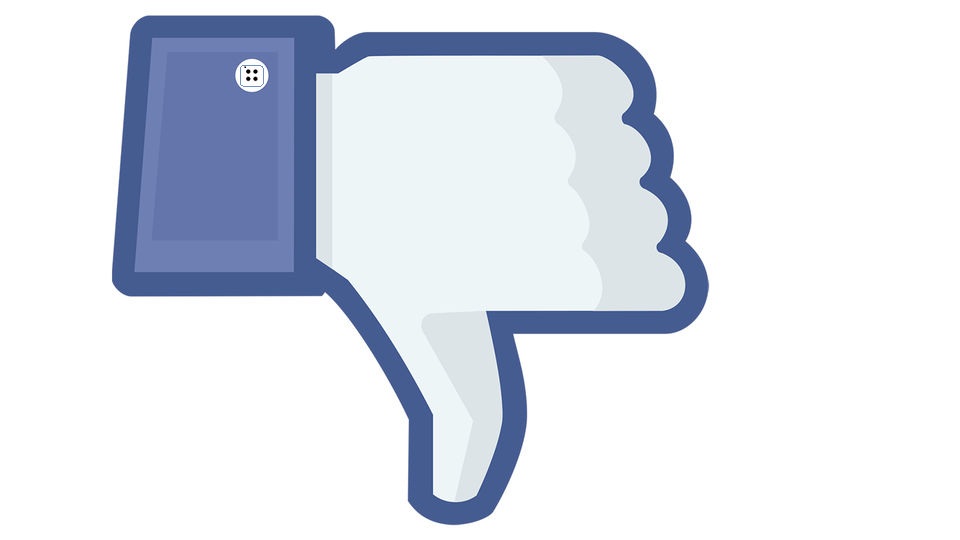Facebook’s “Dislike” Button Isn’t a Dislike Button At All

As it turns out, Facebook’s rumored “dislike” button really isn’t a dislike button at all — it’s a set of emoji-like emoticons, and the traditional “like” button is just one in the set.
As of right now, Facebook is experimenting with these new “reactions” in Ireland and Spain, but it’s not clear when they will be available throughout the Facebook-using world yet.
These “reactions” denote feelings of love, laughter, excitement, surprise, sadness and anger. It seems that these are the ways that Mark Zuckerberg was alluding to earlier this year when he said that people wanted a new way to express emotion (other than the “like” button):
People have asked about the ‘Dislike’ button for many years… and today is a special day, because today is the day that I actually get to say we are working on it and are very close to shipping a test of it.”
These “reactions” give Facebook users a wide range of emotions to, well, react with, giving people a much more socially appropriate way to express sadness or sympathy than a thumbs-up button.
On the other hand, giving Facebook users access to these new “reactions” may put users in a compromising position. Every time you react with one of these “reactions,” advertisers find out a little more about you. They’ll soon know what you like, what makes you sad, what makes you angry, etc. That may not seem so threatening to some people, but when you combine that with all the other information advertisers have on you (based on your browsing habits, when you use their websites and where you are when you use them), it all combines to put individuals in a relatively sensitive position. As users, we’ll have to decide whether their reactions (and any interactions on Facebook) are worth comprising our privacy.
Facebook didn’t build these “reactions” to simply enhance our Facebook experience — they’re selling our data to advertisers, and these “reactions” lets Facebook know just a bit more about us, meaning they can charge a bit more for what they know.
I could be accused of being a little cynical, but it’s definitely something to consider before you start “reacting.”
What do you think of Facebook’s dislike button? Will you use these “reactions” when you’re communicating with your friends on Facebook? Let us know in the comments below.


